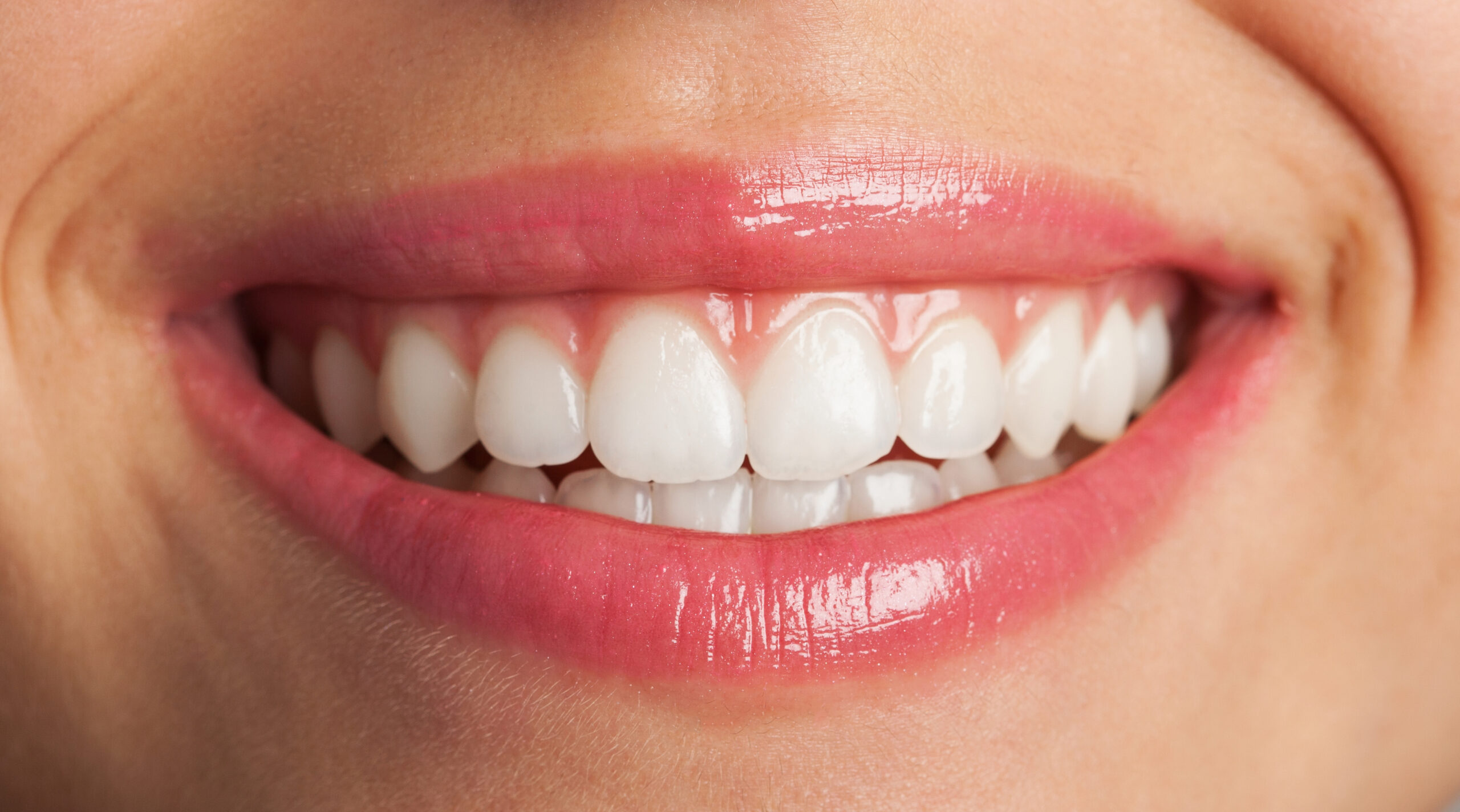
What are the signs of weak teeth?
There are a variety of symptoms and signs of weak teeth, which may indicate underlying dental problems or conditions. Weak teeth can result from various factors, including genetics, poor dental hygiene, dietary choices, and medical conditions. To maintain and strengthen your teeth, practice good oral hygiene, eat a balanced diet, avoid excessive consumption of sugary and acidic foods, and visit your dentist regularly for check-ups and cleanings. Your Riverside dentist can provide personalized guidance and treatment options based on the specific condition of your teeth.
If you notice any of the following signs, it’s important to consult your dentist for a proper evaluation and treatment:
Tooth Sensitivity: Are you experiencing increased sensitivity to hot or cold foods and beverages? Tooth sensitivity can be a sign of weak teeth.
Tooth Pain: Do you experience constant tooth pain or sharp, shooting pains in your teeth may? This may indicate weak teeth, especially if the pain feels worse when you’re biting or chewing.
Tooth Discoloration: Are your teeth yellowing or staining? Tooth discoloration can result from weakened enamel. Weakened enamel causes the surface of the tooth to become more porous, allowing stains to penetrate the tooth structure.
Tooth Cracks or Chips: Weak teeth are more prone to cracking or chipping, especially when subjected to excessive force or trauma.
Tooth Erosion: Acid erosion from acidic foods, drinks, or stomach acid reflux can weaken tooth enamel and lead to tooth erosion, which may manifest as smooth, shiny, and translucent areas on the teeth.
Tooth Decay: Weak teeth are more susceptible to tooth decay (cavities). If you experience frequent cavities or notice white or brown spots on your teeth, it could be a sign of weakened enamel.
Tooth Mobility: Loose or wobbly teeth can be a sign of weakened support structures, such as gum disease or bone loss.
Receding Gums: Gum recession can expose the sensitive tooth roots, making them more vulnerable to damage and decay.
Bad Breath: Chronic bad breath (halitosis) can be a sign of tooth decay or gum disease, which can weaken teeth over time.
Difficulty Chewing: If you have trouble biting and chewing without discomfort, it could be due to weakened teeth or dental issues.
Cracked or Broken Fillings: Weak teeth may struggle to support dental fillings, leading to cracked or broken fillings.
Increased Tooth Decay in a Short Time: If you’re experiencing a sudden increase in cavities or dental problems, it may be an indication of weakened teeth.
How to treat weak teeth?
It’s essential to consult your dentist to determine the most appropriate procedure to treat your weak teeth in Riverside, CA. Your Riverside dentist will conduct a thorough examination, including X-rays and other diagnostic tests, to assess the extent of tooth weakness and recommend the best course of action. Additionally, maintaining good oral hygiene practices and following your dentist’s recommendations for preventive care is crucial in preventing further weakening of your teeth.
The treatment for weak teeth depends on the underlying cause of their weakness and the extent of the problem. Here are some common approaches and treatments to address weak teeth:
Dental Fillings: If weak teeth have cavities (dental caries), your dentist may need to remove the decayed portion and fill the cavity with dental fillings. Fillings can strengthen the tooth and prevent further decay.
Dental Crowns: For severely weakened teeth or those with extensive damage, dental crowns may be recommended. Tooth crowns are tooth-shaped caps that are placed over the weakened tooth to protect and strengthen it.
Dental Bonding: Dental bonding involves applying a tooth-colored resin to the tooth’s surface and then shaping and polishing it. It’s often used to repair minor chips or cracks and can enhance the strength and appearance of the tooth.
Root Canal Therapy: If the inner pulp of a tooth becomes infected due to decay or trauma, a root canal procedure may be necessary to remove the infected tissue, strengthen the tooth, and save it from extraction.
Tooth Extraction: In cases of severe tooth damage or decay that cannot be effectively treated, the tooth may need to be extracted. After having your tooth extracted you might want to consider options like dental implants, bridges, or dentures for tooth replacement.
Dietary and Lifestyle Changes: Limiting your consumption of sugary and acidic foods and beverages can help protect weak teeth from further damage. Practicing good oral hygiene, including regular brushing and flossing, is crucial.
Mouthguards: For individuals who grind their teeth (bruxism) or clench their jaws, wearing a custom-made night guard or splint can prevent further weakening of the teeth due to these habits.
Gum Disease Treatment: If gum disease is contributing to weak teeth by causing gum recession or bone loss, your dentist or periodontist will recommend appropriate gum disease treatment, such as scaling and root planing or surgical procedures.
Professional Teeth Cleanings: Regular dental cleanings and check-ups are essential for monitoring the condition of your teeth and catching potential issues early.

